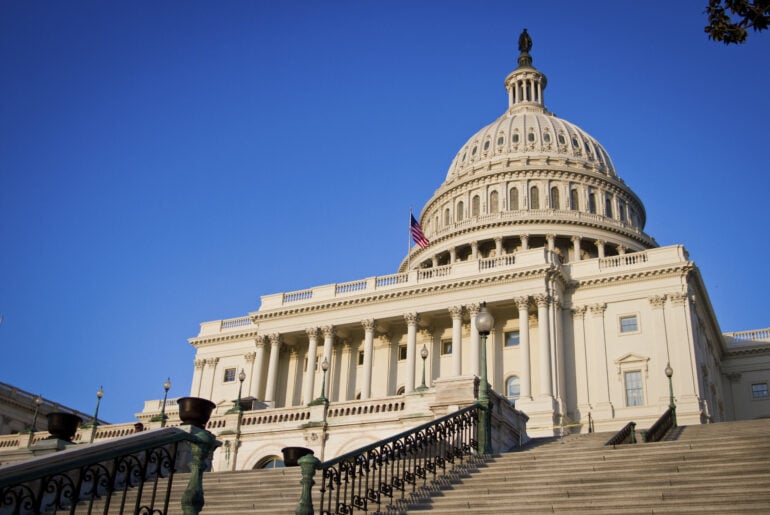In brief Japan amended the provisions on the crime of bribing foreign public officials (“Criminal Bribery of Foreign Officials”) under the Unfair Competition Prevention Act (UCPA), effective 1 April 2024, and updated the Guidelines for the Prevention of Bribery of Foreign Public Officials (“Foreign Bribery Guidelines”) in February 2024. Key changes to the UCPA include increased fines and longer terms of imprisonment for individuals or corporations who bribe foreign public officials, expanded corporate liability and…
In brief On 16 July 2024, the Department of Justice (DOJ) issued Department Circular No. 015 or the “2024 DOJ-NPS Rules on Preliminary Investigations and Inquest Proceedings” (“Rules”). The Rules mark a significant change to the conduct of criminal proceedings in the Philippines, as they supersede the rules on preliminary investigations previously found in the Rules of Court. The Rules cover the procedure for case build-up, preliminary investigation, inquest proceedings (in situations involving warrantless arrests)…
In brief After more than half a century, Thailand is now proceeding to de-legislate criminal offenses related to the issuance of checks. The first Thai legislation prescribing criminal offenses arising from check issuance came into effect on 13 October 1954, making Thailand one of the few countries that impose criminal liability on the dishonest use of checks. While the 1954 law significantly deterred the public from using bad checks to commit fraud and other illegal…
In brief The Department of Justice (DOJ) issued a series of Circulars that modify criminal procedure in the Philippines, by introducing the “reasonable certainty of conviction” standard when pursuing criminal cases, and implementing procedures that ensure proactive involvement by prosecutors during case build-up. In more detail Through a series of Department Circulars (DC) — DC Nos. 008, 008-A, 016, and 020 series of 2023 — the DOJ made important changes to the process involved in instituting criminal cases in the…
In brief The New Criminal Code became the first piece of legislation passed into Law in 2023 and was promulgated on 2 January as Law No. 1 of 2023. Part one of our client alert series outlined the key features of the New Criminal Code (access here) and part two of our client alert series outlined the key features of digital information, bribery & corruption and money laundering-related crimes in the New Criminal Code (access…
On January 17, 2023, the US Department of Justice (DOJ or the “Department”) issued a revised version of its Corporate Enforcement Policy (CEP). The CEP sets out the Department’s approach to resolving criminal cases with corporations. In particular, it addresses how the Department will credit companies which voluntarily disclose criminal conduct and cooperate with the Department’s investigation and resolution of the matter. The latest revisions to the CEP are an evolution of existing Department policy…
In brief The New Criminal Code became the first piece of legislation passed into Law in 2023 and was promulgated on 2 January as Law No. 1 of 2023. In the next three years, the New Criminal Code will replace the 100-year old criminal code currently in place. Part one of our client alert series outlined the key features of the New Criminal Code (access here). In this part two of the series, we take a…
In brief This client alert discusses the new Indonesian criminal code, which in a few years will replace the existing criminal code. This alert outlines the key features of the new criminal code, and is the first of a series of client alerts on the new Indonesian criminal code. Snapshots of the New Criminal Code The House of Representatives and the Government of Indonesia approved the draft of the new criminal code on 6 December…






